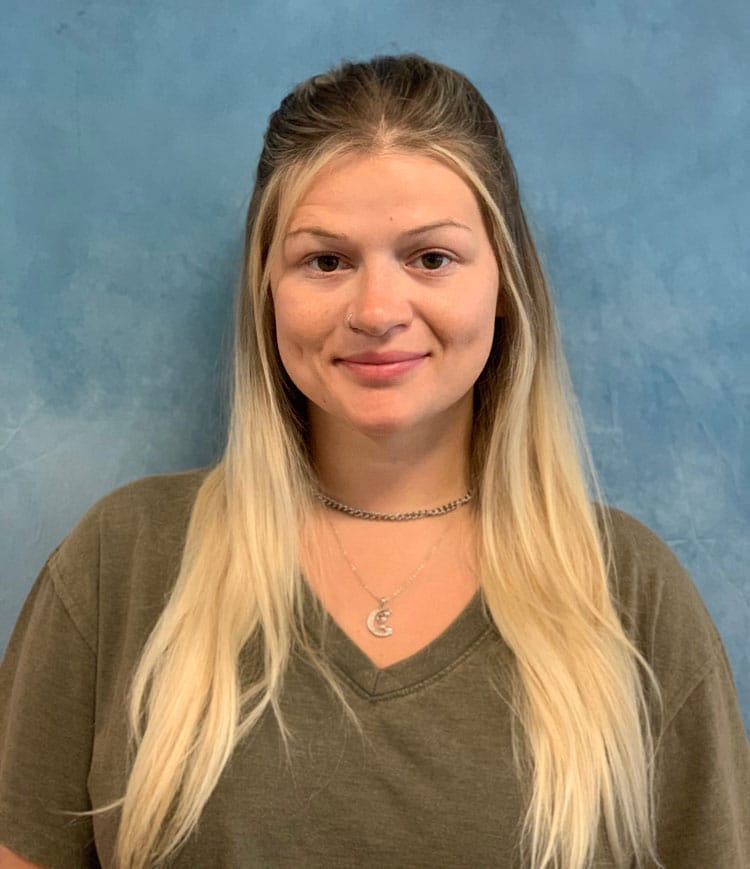Training Tools
Improving Time Management
There’s just not enough time in the day! Most of us find ourselves making this complaint (either silently or out loud) from time to time. Sometimes it feels like our to-do list is longer after hours of work than it was when we first started. And sometimes we’re on a roll as if we’re a smoothly-oiled productivity machine.
While it’s normal to have ups and downs in our efficiency, there are strategies and skills we can use to improve our time management, so that we spend more of our work days feeling like that smoothly-oiled machine. Here are a few helpful tips from the article 18 Effective Time Management Strategies and Techniques. Check out the complete article if you want to dig deeper.
Tips for Time Management
Start your day with a plan. Writing a simple to-do list is usually the quickest and easiest way to plan your day. It has to be written down - both to stay organized and to reduce the thoughts cluttering up your brain. And don’t forget to cross things off the list when you finish them!
Next, prioritize the tasks on your to-do list. It’s easy for most of us to get sucked into time-consuming tasks that may not be of high priority. Prioritizing your to-do list helps you focus on the most important things.
Avoid feeling overwhelmed by big projects by dividing them into smaller tasks.
Limit distractions. While it’s probably not possible to completely remove distractions, you can identify the things you personally find most distracting and find ways to limit them. This might mean turning off notifications, silencing your cell phone, or avoiding social media. If you can’t do this for an entire workday, set aside time periods in your day that will be completely distraction-free.
Schedule email time. “Every time you stop what you’re doing to check your email, you’re derailing your productivity,” the article points out. “It takes time and mental energy to switch between different tasks. Schedule a specific time to check your email.”
Batch your time. If you have a set of similar tasks, do them at the same time. By grouping these tasks, you can knock them out quickly.
Don’t multitask. While you might feel more productive doing multiple things at once, actually makes you less efficient - and often reduces the quality of your work.
Know when to say ‘no.’ Whether you need to skip a meeting that is not relevant to your work or you're being cautious about taking on additional responsibilities, it’s helpful to preserve your time for the high-priority tasks on your to-do list and avoid things that are nonessential and time-consuming.
Summarize and review your day. What went well and what didn’t? Try to figure out what things you did were helpful for your productivity and what things weren’t. Use what you learned today to help improve your time management tomorrow!
Even while we work to become more efficient, it's not realistic to expect ourselves to function at 100% efficiency 100% of the time. However, trying to improve our time management each day is certainly a realistic goal that will improve both confidence and productivity.
New Hire Spotlight
Hunter Hill
While Hunter Hill's family is back home in New Mexico, the Behavioral Health Technician has much to enjoy about living in California and working at Asana Recovery. She loves meeting new people, learning new things, and – not surprisingly – working in addiction recovery. “I have a Bachelor's in psychology and focused my last two years on Addiction Studies,” Hunter says. “I have always been passionate about helping people who struggle with addiction and want to learn new ways to combat this disease.”
In addition to her family in New Mexico, who Hunter is very close to, she also enjoys spending time with friends, reading, and doing things outdoors like hiking or going to the beach. A graduate of the University of New Mexico, Hunter loves the arts and went to a performing arts school for grades six through 12. Hunter discovered a love of creative writing at a young age, a passion that she's continued on throughout her life.
Trivia
Question: What are the 3 main elements of time management?
Contact HR with your response for the chance to win a gift card!
Answer to last week’s trivia: The three California Certification Boards that offer Drug and Alcohol Counselor Certifications are:
California Association for Alcohol and Drug Educators (CAADE)
California Consortium of Addiction Programs and Professionals (CCAPP)
Last week’s winner was: Krystal S.






